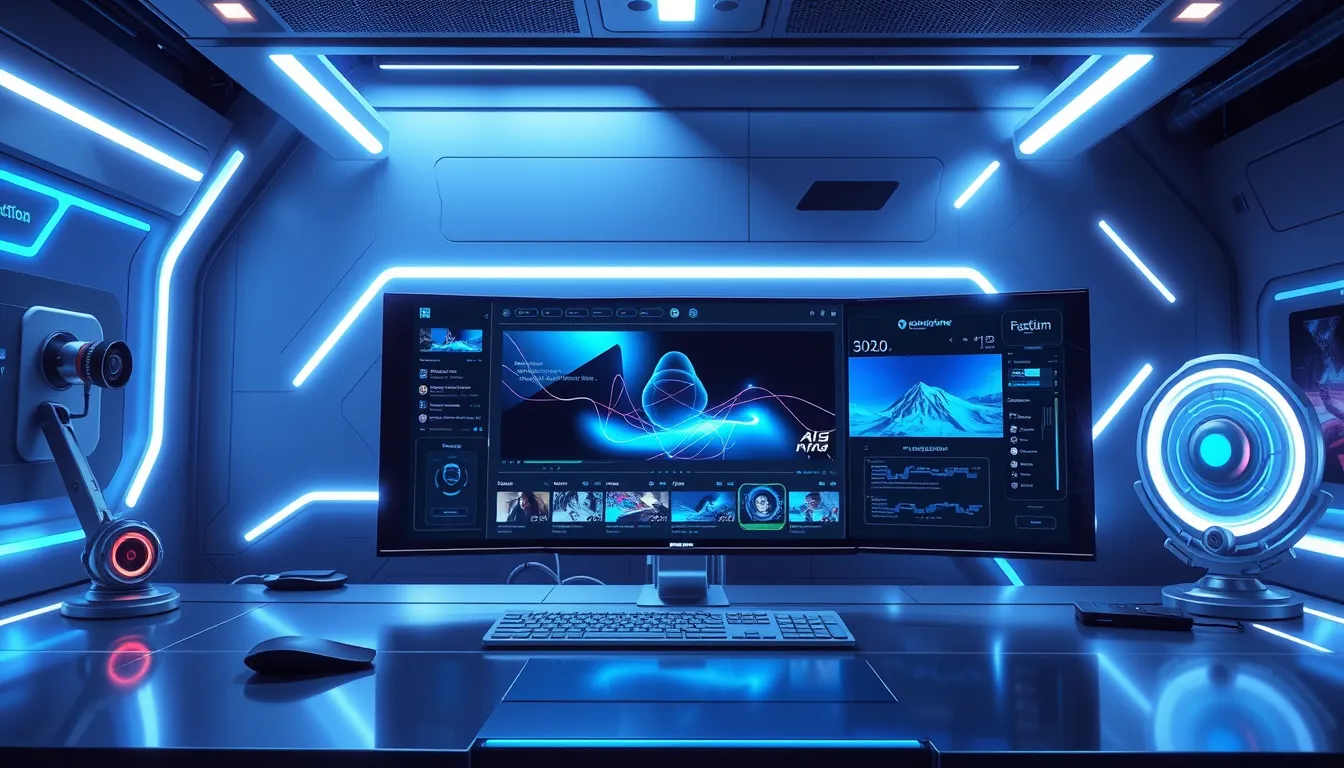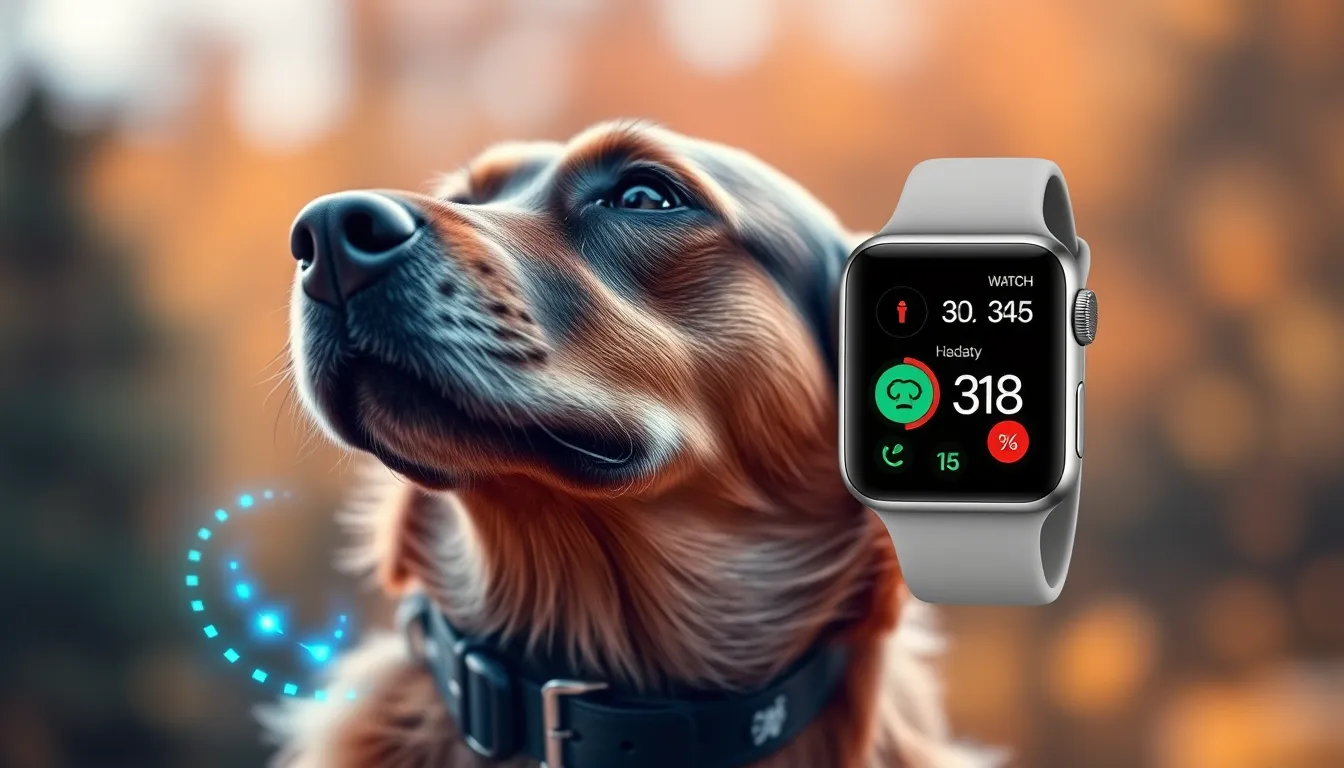Now Reading: Powerful AI in Healthcare Diagnostics: Boosting Patient Care
-
01
Powerful AI in Healthcare Diagnostics: Boosting Patient Care
Powerful AI in Healthcare Diagnostics: Boosting Patient Care

Powerful AI in Healthcare Diagnostics: Boosting Patient Care
Introduction
In today’s rapidly evolving medical landscape, the integration of artificial intelligence is redefining standards in patient care. This article explores how AI in healthcare diagnostics is revolutionizing medicine, transforming the way healthcare professionals approach diagnostic accuracy, medical imaging, and treatment planning.
Understanding AI in Healthcare Diagnostics
AI in healthcare diagnostics refers to the application of advanced machine learning algorithms and data analytics to improve the detection and diagnosis of diseases. By analyzing complex medical data, these innovative systems support doctors in making faster and more accurate clinical decisions. The focus keyphrase, AI in healthcare diagnostics, is at the core of this digital evolution.
The Role of AI in Enhancing Diagnostic Accuracy
One of the most significant advantages of AI in healthcare diagnostics is its potential to improve diagnostic accuracy. Here are some essential aspects:
- Early Disease Detection: AI systems can scrutinize medical images and patient data to spot potential issues at an early stage, facilitating timely interventions.
- Reduced Human Error: By assisting clinicians in interpreting imaging results, AI minimizes the risk of misdiagnosis often caused by human oversight.
- Data-Driven Decisions: These systems analyze a vast amount of patient history and real-time data to support evidence-based decision-making.
For example, AI applications in radiology have shown promising results in detecting anomalies that are often overlooked by the human eye, thereby reinforcing the efficacy of AI in healthcare diagnostics.
How AI Improves Diagnostic Accuracy
The success of AI in healthcare diagnostics is largely due to its ability to learn and improve through experience. Machine learning models are continuously trained on diverse datasets that include various imaging modalities such as MRI, CT scans, and X-rays. As these models gain more exposure, their predictive accuracy increases, making them indispensable in settings ranging from routine check-ups to emergency care.
Additionally, AI integration into diagnostic processes has augmented tools in medical imaging. Hospitals and diagnostic centers now employ advanced imaging techniques powered by AI to obtain high-resolution scans, leading to more precise interpretations of patient conditions. This emerging role directly aligns with the key emphasis on AI in healthcare diagnostics.
Challenges and Future Prospects
Despite its many advantages, the journey of AI in healthcare diagnostics is not without challenges. Data privacy, integration with existing systems, and the need for continuous training of AI models are hurdles that must be addressed. However, the potential benefits far outweigh these challenges. The future promises:
- Increased Collaboration: Integration of AI systems with electronic health records (EHR) and other digital tools will offer a seamless diagnostic workflow.
- Enhanced Predictive Analytics: Continued advancements in AI will lead to improved disease prediction capabilities, thereby furthering personalized patient care.
- Regulatory Evolution: As regulatory frameworks evolve, greater trust will be established among stakeholders in utilizing AI systems.
Embracing the Future
By embracing AI in healthcare diagnostics, medical institutions are not only improving patient outcomes but are also paving the way for a more efficient healthcare system. Critical partnerships between hospitals, tech companies like OpenAI, and regulatory bodies will drive sustained innovation.
The influence of AI goes beyond mere diagnostics. It plays a pivotal role in treatment planning, monitoring patient recovery, and guiding surgical procedures. Hospitals implementing these technologies have reported significant reductions in diagnosis time and an overall improvement in the quality of care received by patients.
Conclusion
AI in healthcare diagnostics represents a paradigm shift in how medical professionals approach disease detection and patient care. By leveraging powerful algorithms and machine learning, the healthcare industry is benefitting from greater accuracy, reduced human error, and enhanced data-driven insights. As these technologies continue to evolve and become integral parts of healthcare infrastructures, they hold the promise of not only saving lives but also transforming the future of medical diagnostics.
In summary, as we continue to innovate and refine AI applications, the real-world impact on patient outcomes becomes ever more tangible. Embracing AI in healthcare diagnostics means gearing up for a future where precision and efficiency are not just goals, but established standards in patient care.

























